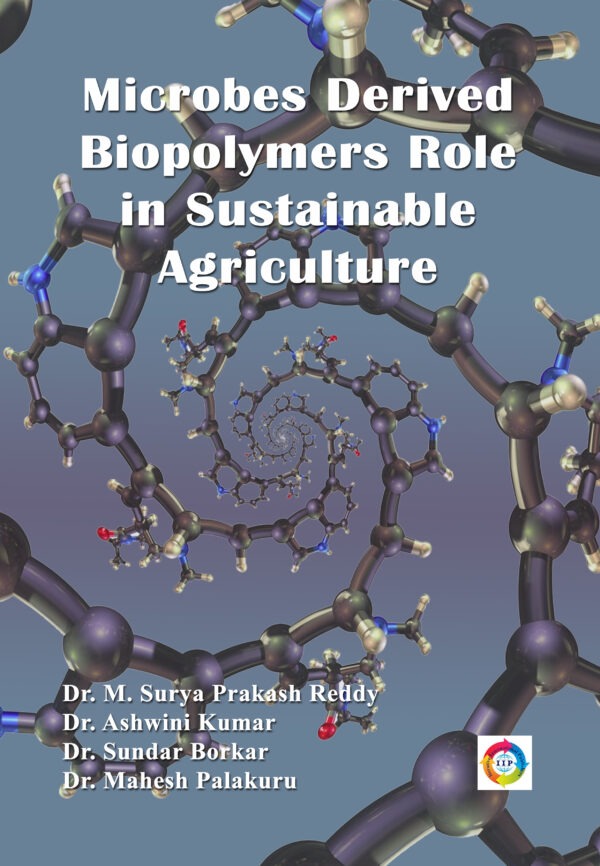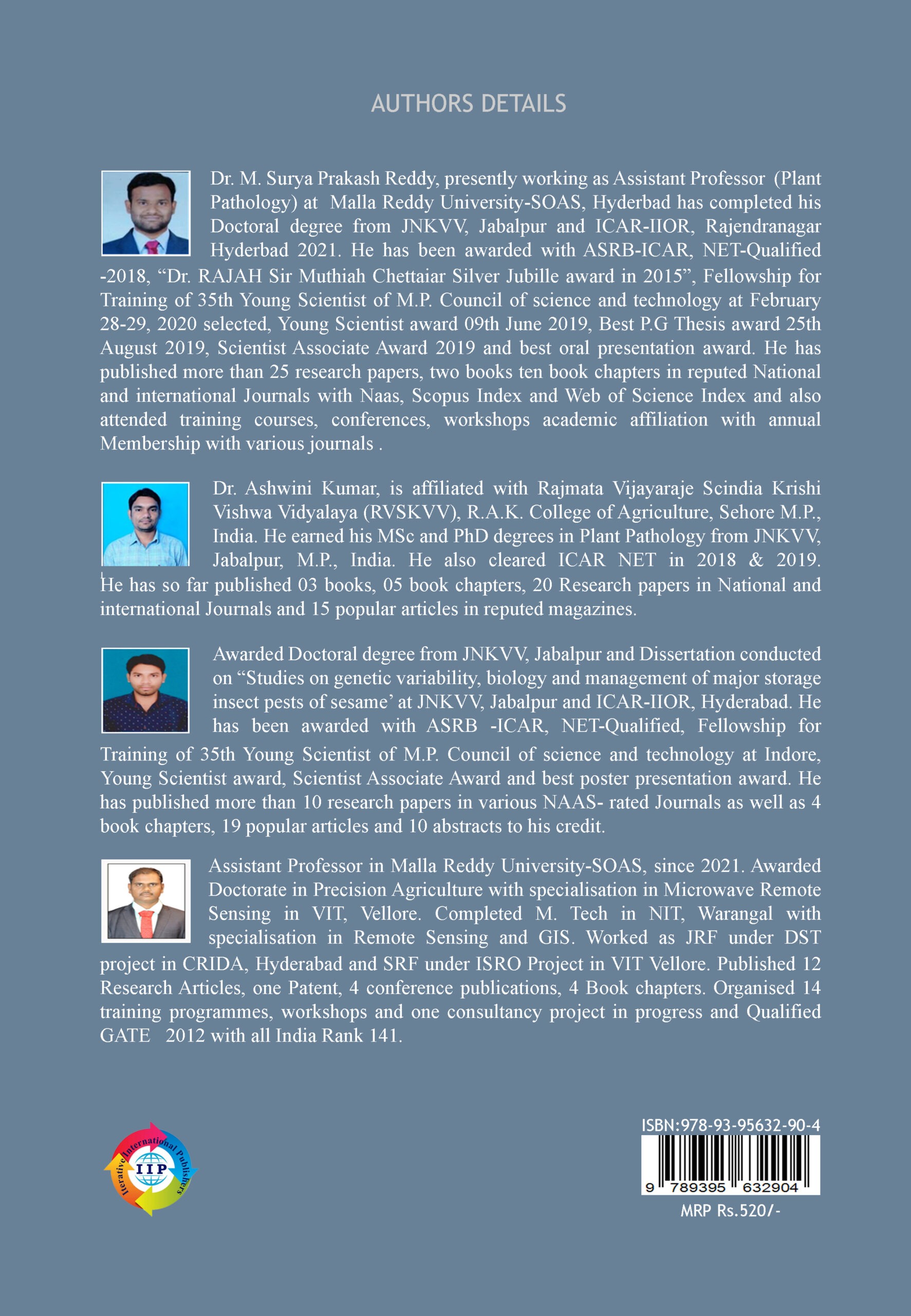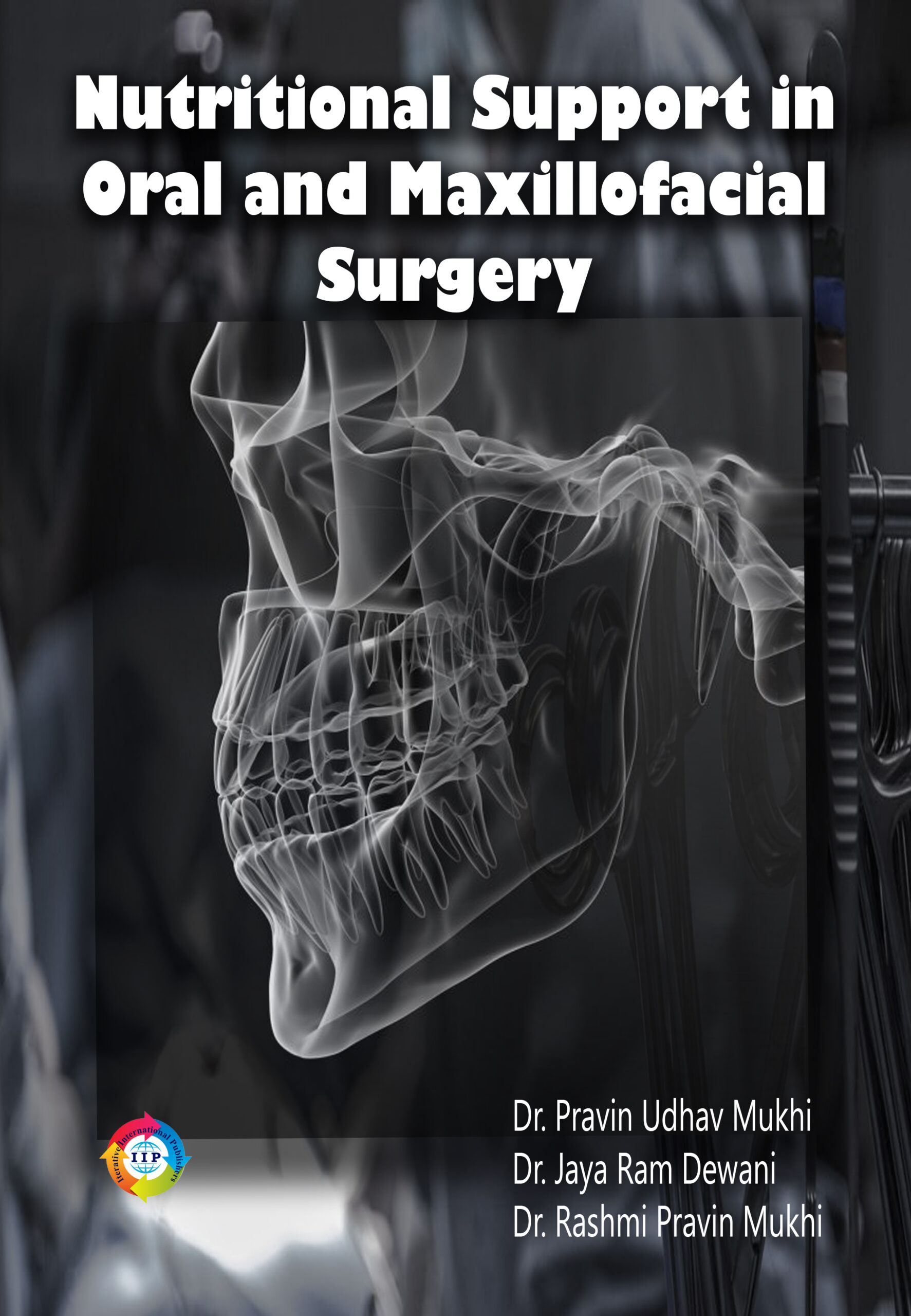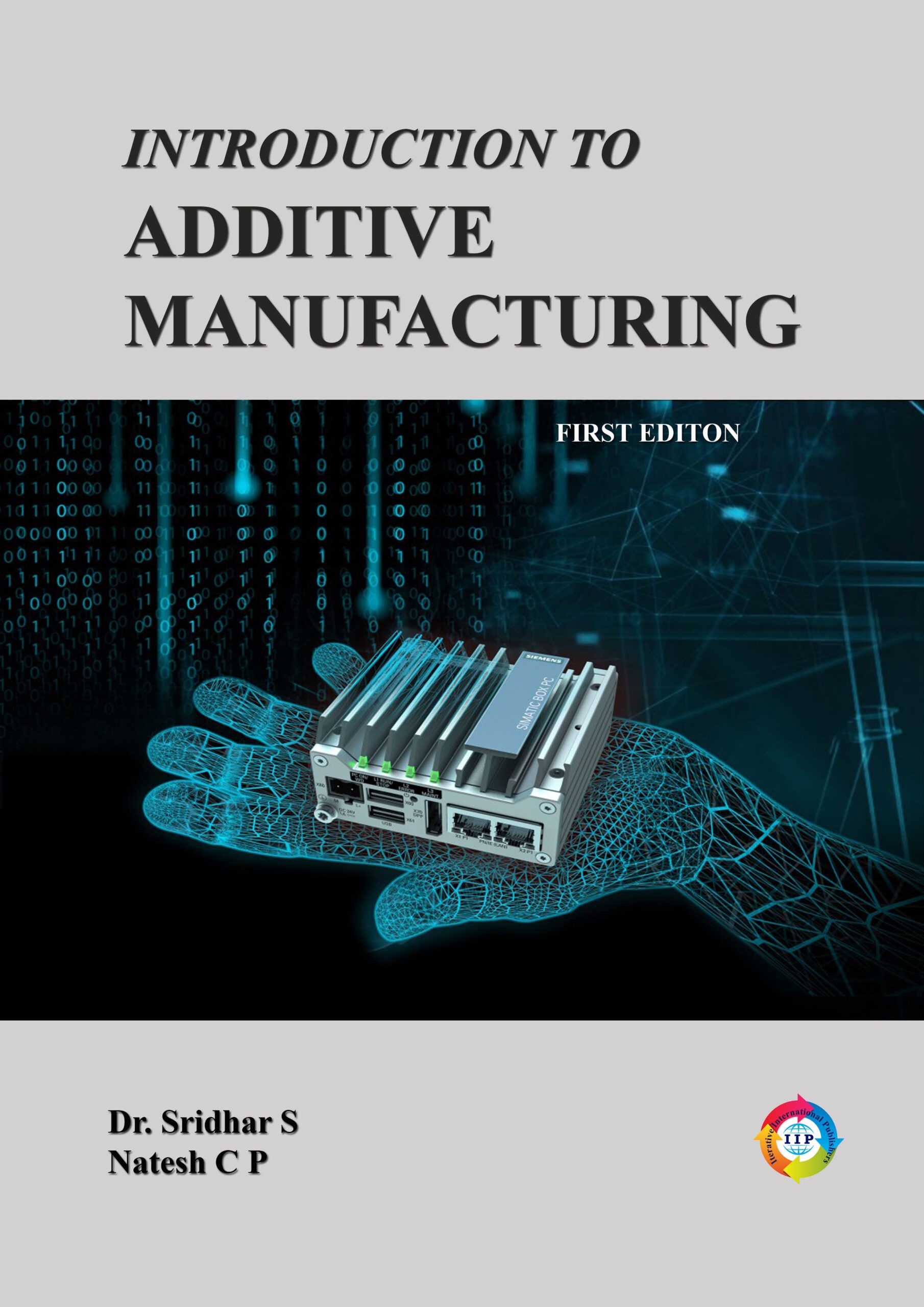Sustainable agriculture is farming in sustainable approaches brings to natural resources of the earth, upon which the race depends for food, clothing and shelter to society’s. It is also having various methods to enhance the sustainability of agriculture. When developing agriculture within sustainable food systems, it is important to develop flexible business process and farming practices. Agriculture has an enormous environmental footprint, playing a significant role in causing climate change, water scarcity, water pollution, soil degradation, deforestation etc. and it is simultaneously causing environmental changes and being impacted by these changes. Sustainable agriculture consists of environment friendly methods of farming that allow the production of crops or livestock without damage to human or natural systems. It involves preventing adverse effects to soil, water, biodiversity, surrounding or downstream resources as well as to those working or living on the farm or in neighboring areas. Elements of sustainable agriculture can include permaculture, agroforestry, mixed farming, multiple cropping, and crop rotation. Indiscriminate use of natural resources in all walks of life for satisfying human need has left us to rethink for our future survival. Several times “war for water” has been aired on Blue Planet Earth where 71percent water is found while too less has been talked about 29percent landmass. Earth’s surface (29%) is divided as 70 percent habitable land, 10 percent glaciers and 19 percent barren land. Agricultural activities are performed on 50percent (54million km2) of total habitable land (104million km2). This data signifies the importance of conserving this natural resource in holistic way for upcoming generations. Use and synthesis of biopolymers derived from microbes are the sharp shinning light in the darkness of capitalistic modernization. Agricultural activities like deep summer ploughing, tillage operations, crop rotation, fallowing of land etc. are performed since long back to build up functionally active micobiome to strengthen the soil properties. Concept of using microbial metabolites (also called as biopolymers) for soil amelioration after implementation of modern agriculture, will act as supporting tool for sustainable agriculture. Biopolymers derived from microbes improve soil properties through soil stabilization conferred by several bio-mechanisms imposed by microbes. Chitosan, xanthan, cellulose, dextrins, etc. are well documented biopolymers obtained from soil resident fungi, bacteria, archaea, alga. These biopolymeric substances also confer an ability to
microorganisms to overcome stress environments like drought stress, pesticide hazard etc. It stabilize soil and regulate nutrients and water flow across plant roots through biofilm formation that indirectly aid in enhancing crop productivity. Mostly microbes derived biopolymers used in food, medicinal fields but some researches concluded it can be also useful for crop production and crop protection in different ways. The aim of this book- Microbes Derived Biopolymers Role in Sustainable Agriculture was to all matters include like introduction, source, isolations and applications extracted from research papers put together the information about biopolymers, their synthesis and mechanism applied to strengthen the agriculture, I was thank full to all researchers to bring this matters for strengthen the agriculture.









Reviews
There are no reviews yet.